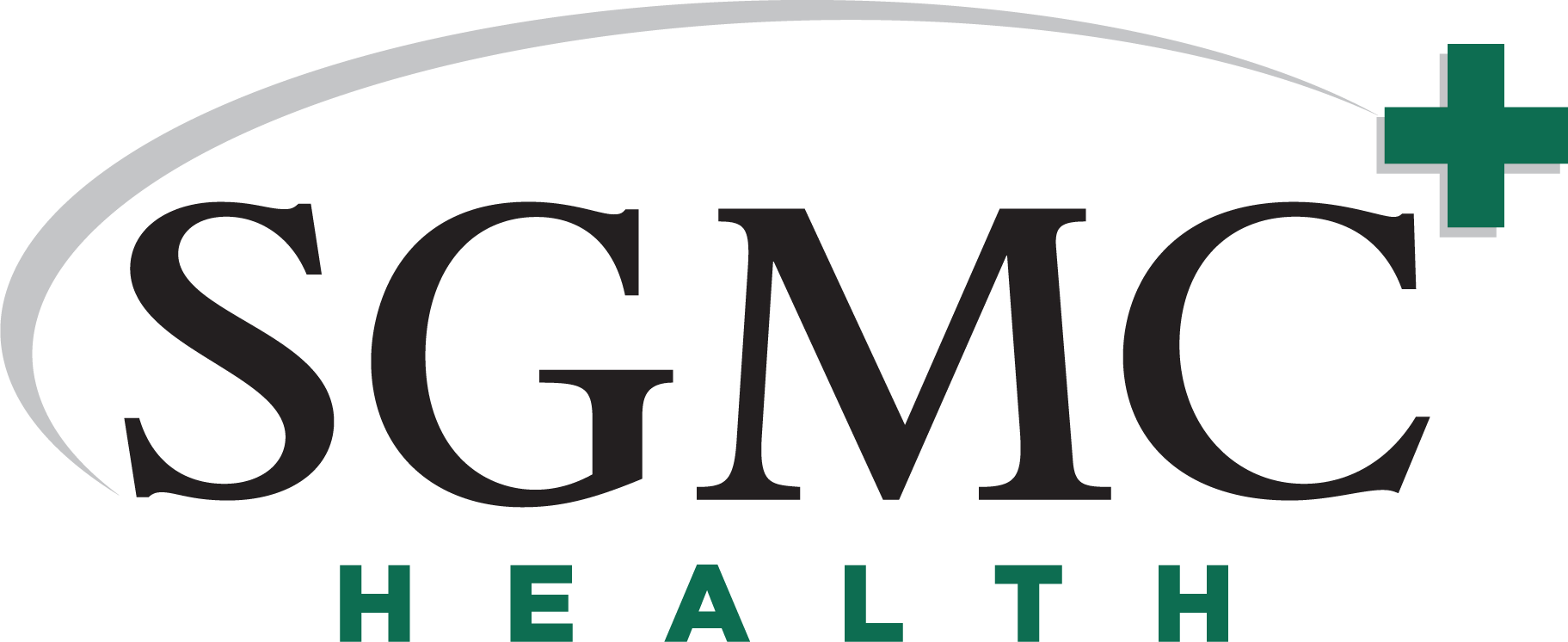If you haven’t heard of Sepsis, you aren’t alone. A recent national survey found that less than half of Americans have ever heard of Sepsis, even though it kills more than 258,000 Americans annually, more than breast cancer, lung cancer and prostate cancer combined. South Georgia Medical Center, through its “Know Sepsis” campaign, seeks to change that by educating the community on signs and symptoms and implementing protocols to raise the standard of care for Sepsis patients. Sepsis is a toxic response to infection; any infection can lead to your body developing Sepsis, making early detection and treatment crucial for survival. “While anyone can get Sepsis, some people are at higher risk,” says Scott O’Quinn, Director of Nursing Education at SGMC. “This includes the very young and the elderly, as well as patients with certain chronic diseases.” Unfortunately, there is no single sign or symptom of Sepsis. The most common report from Sepsis survivors is that the symptoms they were feeling – fever, chills, pain, and shortness of breath – were the worst they had ever felt. Other warning signs are dizziness, confusion, or being less responsive or unable to be awakened. Because Sepsis may occur in patients battling other conditions, a lack of awareness makes it easy to overlook. “As nurses, we are in a unique position to identify patients at the earliest signs of Sepsis and prevent the spread of severe infection. This allows appropriate treatment to begin sooner, decreasing the likelihood of septic shock and the associated cascade of life-threatening organ failure,” says O’Quinn. Both recognizing Sepsis and treating Sepsis is vital. If you suspect you or a loved one is developing Sepsis, ask your doctor or nurse right away and mention the word “Sepsis.” Tell friends, co-workers and loved ones to look out for warning signs of Sepsis. It can be treated, but must be suspected first. Click here to download a Sepsis Awareness Flyer
- See a Doctor Today
- About SGMC Health
- MyChart
- Careers
- Find a Physician
- About Us
- Services▼
- Our Locations▼
- Patients & Visitors▼
- Medical Records
- Communicating Your Health Care Choices
- Dirección de Hospitales del Condado de Valdosta y Lowndes, Georgia Aviso de privacidad
- Financial Assistance
- Gift Shop
- Asistencia Financiera
- Hospital Authority of Valdosta and Lowndes County, Georgia Notice of Privacy
- Non Discrimination Policy
- Our Quality Statement
- Pain Management
- Patient Guide
- Patient’s Should Know
- Patient Safety
- Patient’s Rights & Responsibilities
- Pre-Registration
- Pricing Transparency
- Quality & Patient Safety
- Volunteer Services
- Visitation
- Workplace Violence
- Your Rights and Protections against Surprise Medical Bills
- You are Part of the Healthcare Team
- Events Calendar
